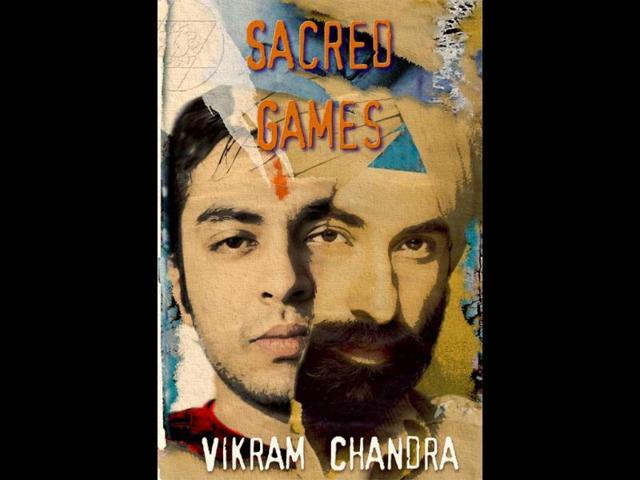Indian artistic tradition doesn’t believe in Aristotelian unities: Vikram Chandra
At a session on the third day of the Jaipur litfest and off it, Sacred Games author Vikram Chandra spoke about writing and the multiplicity of emotions that writers here plumb to create their art.
A house built like a bunker in the middle of a city; a gangster talking to a cop on the intercom outside it – these were the twin images around which writer Vikram Chandra, who writes big, fat books on Bombay hung his noirish novel of Sacred Games.

At a session on the third day of the Jaipur litfest and off it, he spoke about writing and the multiplicity of emotions that writers here plumb to create their art.
"The Indian artistic tradition doesn’t believe in Aristotelian unities – everything doesn’t connect to one
rasa
(emotion), the central tragedy. In our cinema, you have a comic Johnny Walker scene adding to the tragedy of a Guru Dutt film. But in Hamlet, you don’t have people throwing pies or bananas at each other,” said Chandra.
Chandra who has also worked in computer programming, makes an interesting distinction between the language of technology vis-à-vis literature. "Literature constantly deals with ambiguity, in fact tries to introduce it. Technology has to be accurate. Literature has no failure or success, it just waits to manifest itself."
Chandra’s novels, right from the first one, Red Earth and Pouring Rain (1996) to the last, Sacred Games (2008) has been a technique of a slow and rich layering of images, a crowd of characters, a build-up of pace, where the fantastic dwells not in its own private corner but all over the place. "I draw my magic realism not from Latin America, but our own traditions,” he said. "For example, the Dasakumaracharita (What Ten young Men Did, a seventh century Sanskrit classic), was full of delightful inventions on every page.”
Chandra who has started work on his next book but is not yet ready to talk about it, reveals how the beginning of a new work is like entering a foreign country – part terror, part excitement. The middle of the work is no better. “There’s often a loss of faith, one wonders is it shapeless, should one abandon it, who are these people on the page…one just has to go on putting the pieces together,” he said. A writing schedule imposes a sense of structure – he writes 400 words a day.
“The end of the novel is sometimes revealed to me early. But it’s never easy. I have to find my way there.”
Bombay, his city, on the other hand, is a useful metaphor that he has to transform, not invent. It finds place in his work repeatedly. “If I say Marine Drive in a novel, it’s a shorthand that everyone recognizes. It’s fictionally and metaphorically rich for me to explore. It’s the city of my adolescent heartbreaks.”





